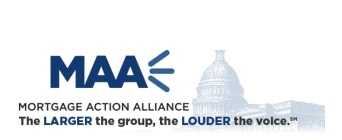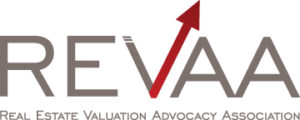The Bureau of Consumer Financial Protection (Bureau) is amending Federal mortgage disclosure requirements under the Real Estate Settlement Procedures Act (RESPA) and the Truth in Lending Act (TILA) that are implemented in Regulation Z. The amendments relate to when a creditor may compare charges paid by or imposed on the consumer to amounts disclosed on a Closing Disclosure, instead of a Loan Estimate, to determine if an estimated closing cost was disclosed in good faith.
The TILA-RESPA Rule requires creditors to provide consumers with good faith estimates of the loan terms and closing costs required to be disclosed on a Loan Estimate. Under the rule, an estimated closing cost is disclosed in good faith if the charge paid by or imposed on the consumer does not exceed the amount originally disclosed, subject to certain exceptions. In some circumstances, creditors may use revised estimates, instead of the estimate originally disclosed to the consumer, to compare to the charges actually paid by or imposed on the consumer for purposes of determining whether an estimated closing cost was disclosed in good faith. If the conditions for using such revised estimates are met, the creditor generally may provide revised estimates on a revised Loan Estimate or, in certain circumstances, on a Closing Disclosure. However, under the current rule, circumstances may arise in which a cost increases but the creditor is unable to use an otherwise permissible revised estimate on either a Loan Estimate or a Closing Disclosure for purposes of determining whether an estimated closing cost was disclosed in good faith. This situation, which may arise when the creditor has already provided a Closing Disclosure to the consumer when it learns about the cost increase, occurs because of the intersection of timing rules regarding the provision of revised estimates. This has been referred to in industry as a “gap” or “black hole” in the TILA-RESPA Rule.
The Bureau understands that these circumstances have led to uncertainty in the market and created implementation challenges that may have consequences for both consumers and creditors. If creditors cannot pass increased costs to consumers in the specific transactions where the costs arise, creditors may spread the costs across all consumers by pricing their loan products with added margins. The Bureau also understands that some creditors may be denying applications, even after providing the Closing Disclosure, in some circumstances where the creditor cannot pass otherwise permissible cost increases directly to affected consumers, which can have negative effects for those consumers. For these reasons, in July 2017, the Bureau proposed to address the issue by specifically providing that creditors may use Closing Disclosures to reflect changes in costs for purposes of determining if an estimated closing cost was disclosed in good faith, regardless of when the Closing Disclosure is provided relative to consummation (2017 Proposal or “the proposal”). The Bureau is finalizing those amendments as proposed, with minor clarifying changes. To view the complete ruling, click here.









